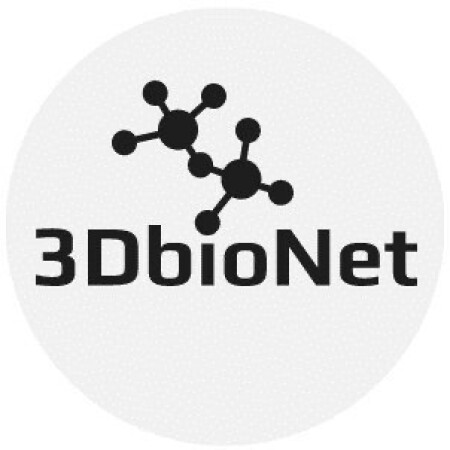Multidisciplinary

Theory of spike initiation, sensory systems, autonomous behavior, epistemology
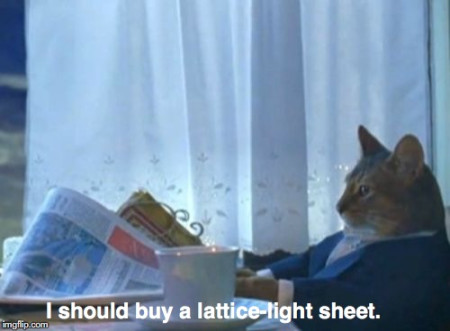
Cool papers that develop or use new microscopy approaches
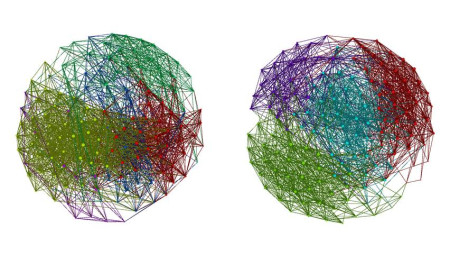
Brain imaging studies on human brain connectivity

Cool papers about methods for and applications of label-free optical microscopy (i.e., imaging using the structures and molecules already present in cells and tissues).
A cross-disciplinary journal exploring new methods and tools for conducting scientific research more efficiently and joyfully
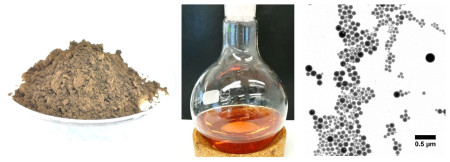
We highlight great publications on lignin.
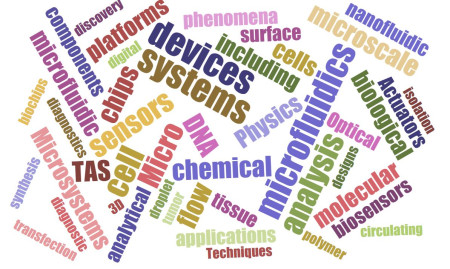
Please contact me for editor invites: xiangli@pitt.edu.
Making science FAIR
Focusing on the causal mechanisms that may underlie statistical associations reported elsewhere in the literature
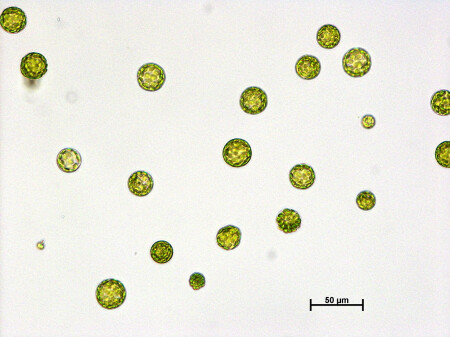
A curated and hopefully updated collection of articles and resources related to the use of microfluidic devices in the domain of plant biology
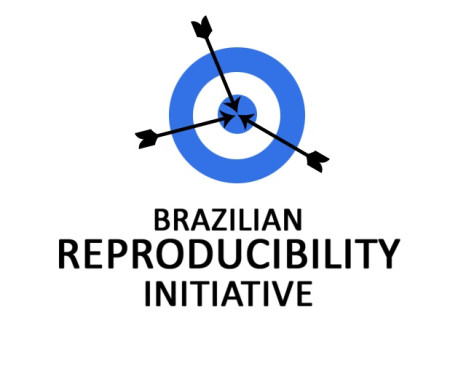
Reproducibility, open science, meta-research and everything else we find interesting.

Papers that I consider important for NVC research.

The Leadership Letters is a business and social-science Journal dedicated to advancing multi-, inter-, and transdisciplinary understanding of leadership.
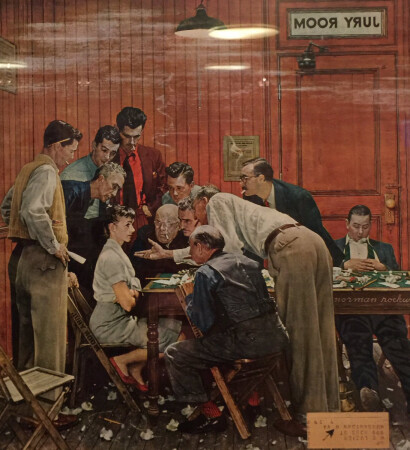
ESPAÑOL: Recopilación de artículos académicos en temas de género en conocimiento e innovación. ENGLISH: Compilation of academic articles on gender issues in knowledge and innovation

This journal follows the topics discussed in each episode of Caltech Letters: Biosphere

Here we gather and discuss the research on the current state of COVID-19 in the Central Asian states.

A community repository and forum for discussion of published works on tools and techniques for plant phenotyping – the objective measurement of structural and functional properties of plants

Of Chemistry, Technology, and Other Things will provide you with recent (one issue every two months) publications in chemistry with a technology twist.

The state and direction of scientific publication
-pubpeer.jpg)
Selected articles on hypes and overpromising to foster the disciplinary and interdisciplinary exchange on these concepts.

Literature collection of the CovAmInf workgroup.
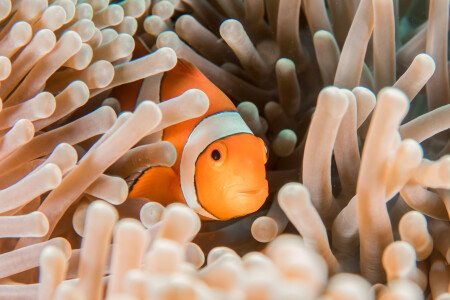
Anemonefish (Amphiprion) research
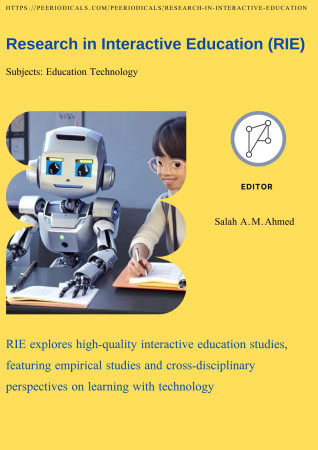
RIE explores high-quality interactive education studies, featuring empirical studies and cross-disciplinary perspectives on learning with technology

Light Scattering is a peeriodical featuring peer-reviewed articles on light scattering research, covering theoretical and experimental studies, methodologies, and applications for scientists
A peeriodical is a lightweight virtual journal with you as the Editor-in-chief, giving you complete freedom in setting editorial policy to select the most interesting and useful manuscripts for your readers. The manuscripts you will evaluate and select are existing publications—preprints and papers. Thus, a peeriodical replicates all the functions of a traditional journal, including discovery, selection and certification, except publication itself.
Why set up a peeriodical? The traditional journal has changed remarkably little in centuries and many people feel that scientific publishing is stuck in a rut, subject to a corporatist drift, and is not serving science optimally. The advent of preprints in many fields beyond those served by the ArXiv is liberating the dissemination of research, but most other journal functions have not been replaced effectively. Now you—all researchers—have the opportunity to select and certify research according to your own criteria. We expect peeriodical subject matters and editorial policies to be extremely varied. Some peeriodicals may wish to target narrow domains, while others will adopt a generalist approach. Some peeriodicals will be inclusive, focusing on discovery, whereas others may aim to enforce stringent quality criteria, prioritising certification. The point is that all approaches are permitted and supported—we hope you will innovate! You can create multiple peeriodicals. It will be users and readers who decide which peeriodicals they find useful and interesting. Users can sign up to receive alerts from any peeriodical they wish.
A peeriodical has one or more editors. Anybody can set-up a peeriodical and either operate it alone or invite colleagues to form an editorial board or community. The editors can select "manuscripts"—existing papers or preprints—to consider, either spontaneously or through suggestions from other researchers, including of course the authors. Note that there is no obligation that the manuscript be recent; for instance, we expect that some peeriodicals could focus on underappreciated classics. After all, predictions about scientific impact are generally more accurate for the past than the future. If the editors wish, they can solicit reviews for the manuscript via the Peeriodicals interface. Reviews will be published and the referees will have the option of posting anonymously or signing their review. Editors may decide at any time to accept, reject or comment on the manuscript, taking into account the comments received. They may of course suggest improvements to the manuscript or underlying study. If they justify their decision, their editorial decision will also be published.
How will Peeriodicals fit into the publishing landscape? We see them as a space without entry barriers in which researchers can innovate and explore new approaches to scientific dissemination, in parallel to the traditional publishing industry. There are related and complementary initiatives, notably the overlay journals promoted by Tim Gowers, exemplified by Discrete Analysis, but also Science Open Collections, PLoS Channels, the APPRAISE initiative and Peer Community in... Each of these projects has their own specificities and goals. Nobody yet knows exactly what the future will look like, but we strongly believe that we are about to experience a period of rapid evolution in the dissemination of science and we hope that Peeriodicals will inspire and help you to share your imagination and expertise with the whole research community.
For those starting a peeriodical, you will discover that the hardest part is building up an audience. Unfortunately, we can't yet guarantee you the exposure you would get from a paper in a glamour journal. Reviews with scientific content will be mirrored on PubPeer, offering an audience through the PubPeer browser and Zotero extensions. However, it will be largely up to you to run your publicity, most likely through social media. We are on Twitter (@PEERIODICALS) and will of course help out as we can.
Get started now by requesting an invitation with the link in the top right menu.

